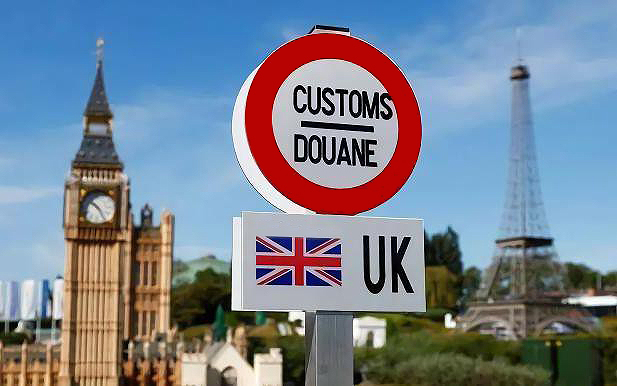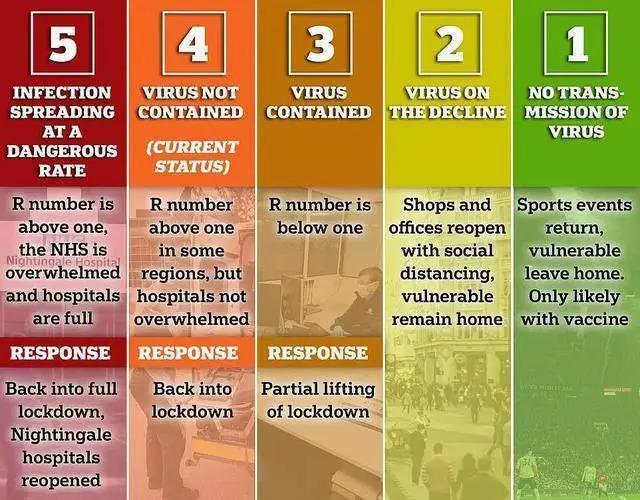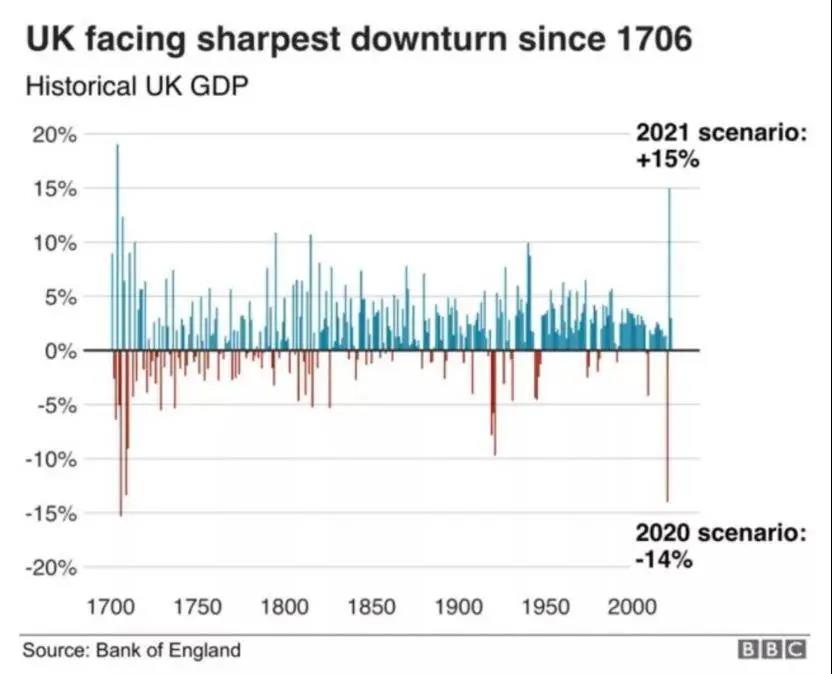
UK announces new post-Brexit global tariff regime
According to the Reuters report, on May 19, the United Kingdom announced a new tariff mechanism after the end of the “Brexit” transition period to replace the EU’s tariff regime. The new tax regime is called “UK Global Tariff” (UKGT), which will be implemented from January 1, 2021. The content will be simpler and lower than the EU common tariff. The tariffs below 2% will be eliminated for the countries that have not signed a trade agreement with the UK.
With the new regime, 60% of British trade will enjoy a tariff-free treatment in accordance with the terms of the World Trade Organization (WTO) or through existing preferences.
On May 10, British Prime Minister Boris Johnson released the “three-step” plan for the British unblocking:
In the current state, Britain can begin the first step of unblocking, which includes partly resuming work and more outdoor activities with maintaining distance. If the first step is performed well and the virus is further controlled, the second step can be implemented, which includes School resumption and store reopening. Boris said that the second phase of unblocking may begin as early as June 1. In the third step (as early as July), some service industries and other public places may be reopened. But if the epidemic is out of control, all this may be tightened at any time.
In addition, the British government will issue a five-level coronavirus alert regime to guide the progress of lifting the blockade.

However, according to a poll conducted by Deltapoll, the majority of Britons do not want to relax the blockade measures against coronavirus.
Affected by the epidemic, the British economy was hit hard. According to the Bank of England’s forecast, the UK’s GDP will decline by 14% this year. This will be the largest annual decline in the UK since its record in 1706.

It is widely expected that the British economy will gradually restart at the end of May. However, with the gradual lifting lockdown, the British economic recovery still faces three major challenges:
le in the business community have called for a balance between avoiding the second outbreak of immunization and restarting the economy.
It is widely expected that the British economy will gradually restart at the end of May. However, with the gradual lifting lockdown, the British economic recovery still faces three major challenges:
- The second peak risk of the epidemic
Judging from the current number of new cases and deaths, the UK epidemic situation is still not optimistic. Many peopAccording to Reuters report, on May 19, the United Kingdom announced a new tariff mechanism after the end of the “Brexit” transition period to replace the EU’s tariff regime. The new tax regime is called “UK Global Tariff” (UKGT), which will be implemented from January 1, 2021. The content will be simpler and lower than the EU common tariff. The tariffs below 2% will be eliminated for the countries that have not signed a trade agreement with the UK.
- How to smoothly exit the rescue policy
After the outbreak of the coronavirus, the British government launched unprecedented economic relief measures, involving corporate bailout loans and employee wage protection. Many people in the business community have warned that the withdrawal of rescue measures too quickly will bring risks to the corporate capital chain. However, some experts believe that the withdrawal of rescue measures too slowly will increase the risk of government debt.
- The risk of “no agreement” in the UK-EU trade negotiations
Britain and the EU ended the second round of negotiations on their future relationship on April 24, but only made “limited progress.” The British government once again reiterated that it will end the transition period of “Brexit” by the end of this year and will not accept the European Union’s extension request. This increases the risk that the UK-Europe relationship will end in “no agreement” and may make the restarting British economy “extremely worse.”



